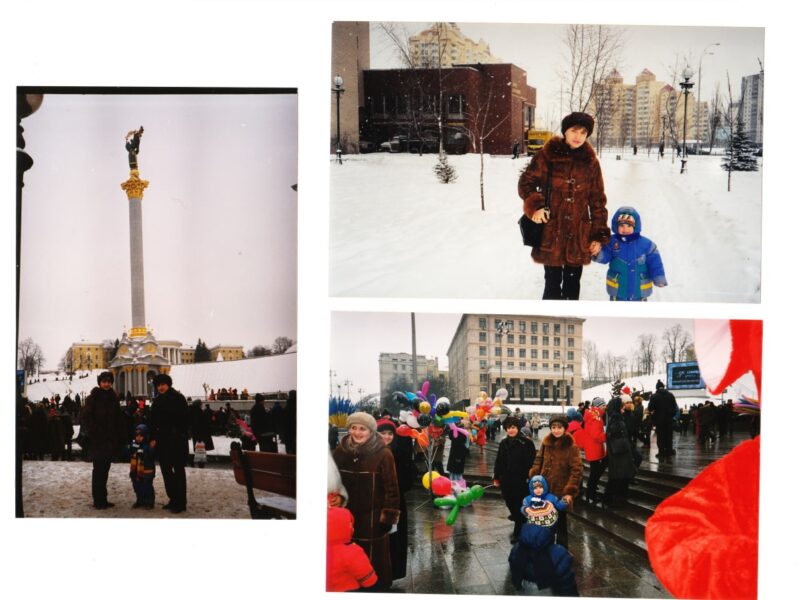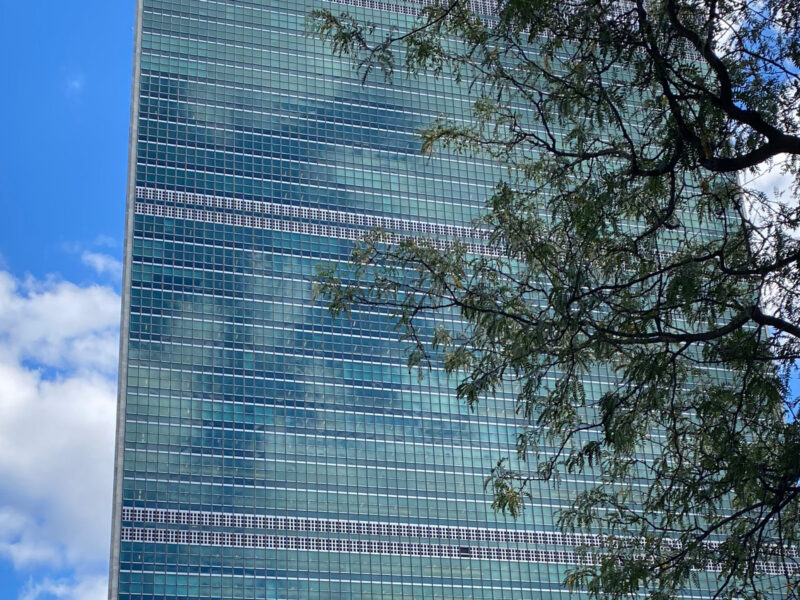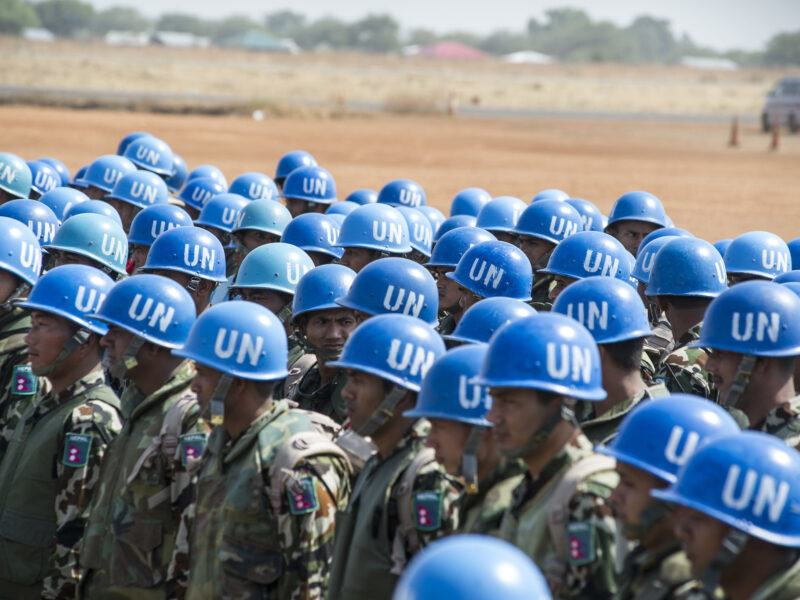Tarmac's end
22 oktober, 2021Human Security Team Leader Hans Fridlund writes about how going a bit further on his leisure trips has added value to his work at EUMM Georgia.
On some summer holidays, in what feels like a pandemic-free galaxy far far away, my family jumped into our trusty Volvo 240 and took off on road trips around Sweden.

Not only did these excursions trigger my interest in geography (who can resist mesmerizing names such as Väne-Ryr and Lane-Ryr?), but, and perhaps more surprisingly, were also essential to my musical upbringing. Besides a hearty stash of gifflar (bite-sized cinnamon buns) and an impressive pile of second-hand comic books (I never got far in the reading process due to motion sickness), cassette-tapes and CDs were essential for a successful outing.
Most of what was brought along was guitar-driven pop and rock, and I remember one album with particular fondness. Released in 1997, Skånska Rockklassiker still offers an excellent primer of classic pop-rock from the southern county of Skåne. My favourite track was, and still is, Eggstone’s poetic ode to water, named Water. The slow-moving song gently ripples its way forward, and the lyrics are brilliant in its simplicity:
Water can be found in waterfalls
Water can be found in tennis balls (I always thought it was tennis halls until I Googled the lyrics)
Water can be found in orchids
Water can be found in you
In your lips
I was reminded of these lines when I recently went on patrol to a cluster of Georgian villages close to the Administrative Boundary Line with South Ossetia.
Since the start of the conflict, cutting of water supplies has been used as a threat.
This situation lends itself as reminder of how frozen conflicts can continue to negatively impact the affected population long-term, by jeopardising the enjoyment of the universal right to water.
At the scene, several villagers were involved in the arduous and time-consuming task of collecting water from a local stream. Some took the water in big blue tanks that contained several liters and mounted them on the rooftop of cars for transport, while the majority collected the water in open buckets and plastic bottles.
The importance of the stream, which was also used as a watering source for livestock, made me think about the intersectionality and mutually reinforcing nature of potential security threats, such as water scarcity and environmental security. With increasing annual temperatures in many parts of the world, streams that act as a lifeline for communities run the risk of drying up and potentially create a plethora or diverse but interconnected problems.
In this context, I am privileged to be able to continue to monitor the issue of durable water solutions, along with other issues facing the conflict-affected population such as freedom of movement, and access to education and healthcare.
The Human Security team at Field Office Mtskheta will continue its presence in communities to sustain the conversation with relevant stakeholders to ensure a deeper understanding of their situation. The information we collect on these issues is reported to EU member states to inform their foreign policy on Georgia.
Water takes you ’round the world
Water even can be heard
Water is in every word
Water is in lemon curd
And in every bird

Many people imagine war as life buried under rubble, isolated and broken. That is one face of it, for sure. But the other side is much more surreal: a “normal” routine that persists despite everything.

FN-dagen infaller den 24 oktober. När organisationen nu firar sin 80-årsdag är det många som undrar hur den mår.

Amidst rising global tensions and a continuous increase of authoritarianism, polarisation and disinformation, the need for evidence-based solutions for conflict resolution, prevention and peacebuilding is now more crucial than ever before.

Democratic practices have a long history in Iraq. But as a consequence of the more recent decades of authoritarian and centralized rule, the distinct responsibilities of citizens and the state in a democracy cannot be taken for granted.